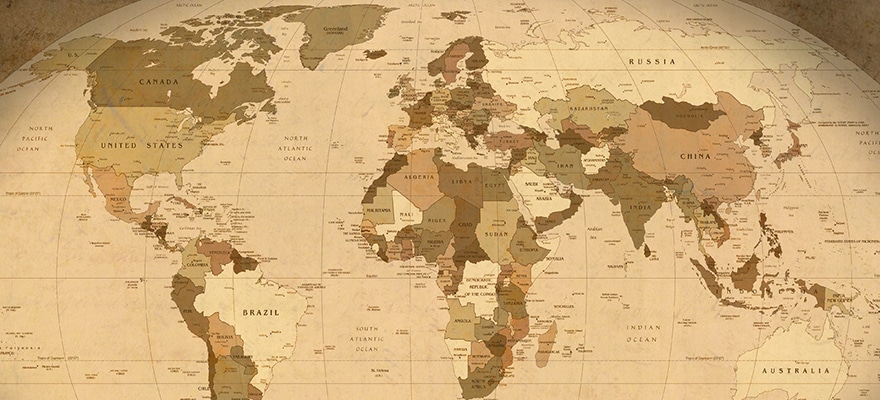Much is made today of Fintech distinctions. Here are a few from Wikipedia:
"The interaction form can either be Business-to-Business (B2B) ), business-to-consumer (B2C) or consumer-to-consumer (C2C). An example are social trading solutions for C2C."
Interaction is used to distinguish the forms of Fintech. My principal concern is which form of Fintech will dominate interaction in global trade. At stake is engagement in a market whose flows will total $85 trillion by 2025. An $85 trillion market creates a lot of economic growth and a lot of jobs.
The orthodox do not consider e-commerce to be a global trade solution. Global trade in the legacy view is the province of multinational banks, insurance companies and multilateral trade finance and guarantee agencies. This is where the orthodox are wrong! Economies are led. They do not by themselves reach escape velocity by thinking within the box to which politicians, oligopolists, monopolists, autocrats, bureaucrats, plutocrats and other crats have by fiat confined them.
Economies are led
Battles, like chess and Go matches, are not won because iterations and interactions conform to a preset plan. They are won because a great general trains and motivates troops to such a pitch of morale and adaptability that they can react, adapt and overcome the challenges presented both on the board and on the battlefield. There is no such thing as bad troops, only bad generals. The difference is created by leadership.
Napoleon sketched out how the battle of Austerlitz would unfold. His sketch of the battle still exists in a German museum and evidences the fact that the "Battle of the Three Emperors" played out almost exactly how he imagined it would.
Thomas "Stonewall" Jackson is credited in one of his biographies as being able to graphically foresee the battlefield as well as how the ensuing battle would evolve, because of optics. Jackson taught optics and yet did not possess the mathematical skills to do so. He therefore memorized the complicated optics lessons in order to instruct in them. It is postulated that the U.S. Civil War general could similarly memorize not only the geography of the battlefield but how the ensuing battle upon the battlefield, would evolve.
These lessons about Napoleon, Jefferson, chess and Go masters, teach us that evolving scenarios in areas as complex as battle and as fintech, can be imagined, can be extrapolated.
So it is with global trade. E-commerce will dominate global trade. It will not do so in its present form. Strategic alliances with banks, logistics, legal, regulatory, compliance, KYC, credit evaluation, insurance, ECA and ECI services must first be established in order to create 'full-service E-commerce'. Strategic alliances has been achieved with stranger bedfellows. If it can be imagined, it can be achieved.
I imagined it.

















